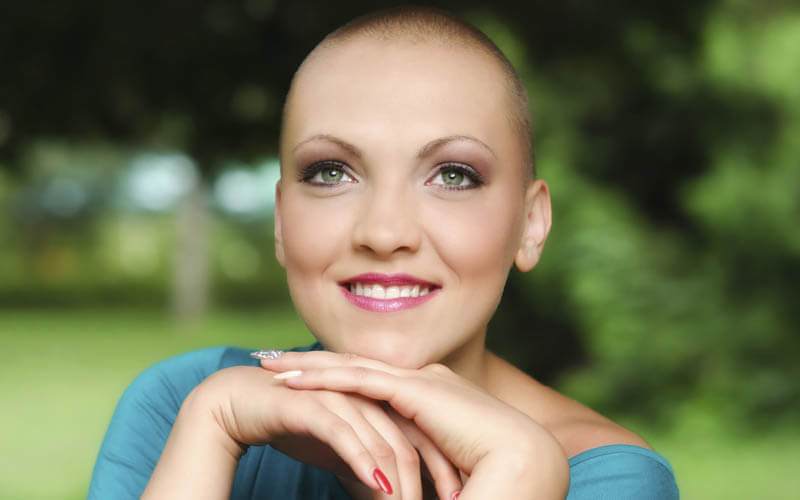
As a cancer survivor, returning to good health is top priority and there are ways to improve your long-term health so you're able to get back to your normal you. The Mayo Clinic offers recommendations to cancer survivors to improve long-term health and increase quality of life:
Exercise
Regular exercise can help speed your recovery as a cancer survivor. The benefits to exercising after cancer treatment are:
- Increased strength and endurance
- Fewer signs and symptoms of depression
- Less anxiety
- Reduced fatigue
- Improved mood
- High self-esteem
- Less pain
- Improved sleep
Incorporating exercise into your daily routine after undergoing extensive cancer treatment can seem difficult and exhausting, but focusing on taking small steps can help. Start by taking the stairs instead of the elevator. Park farther away from your destination and walk the rest of the way. Be sure to consult your doctor before beginning a new exercise regimen. From there, you can work your way up to daily exercise. The American Cancer Society recommends adult cancer survivors exercise for at least 30 minutes five or more days a week.
Studies have found that exercise may reduce the risk of cancer recurrence and reduce the risk of dying of cancer.
A Balanced Diet
The American Cancer Society recommends eating at least 2.5 cups of fruits and vegetables every day along with incorporating healthy fats, including omega-3 fatty acids found in foods like salmon. Avoid saturated fats or trans fats found in french fries or potato chips and opt for healthy carbohydrates, such as whole grains, legumes, and fruits and vegetables.
The combination of these types of food allow for a balanced and nutritious diet that can keep cancer from returning. Ask your doctor about multivitamins and if they are right for you as a cancer survivor.
Maintain a Healthy Weight
You may have experienced dramatic weight loss or weight gain while undergoing treatment. Trying to get your weight back to a healthy level can be difficult, but it's possible! Talk to your doctor about what a healthy weight is for you and take small steps to achieve that goal.
For cancer survivors who need to gain weight, talk to a dietitian who can help create ways to gain weight safely and make food more appealing and easier to eat. Nausea and pain may be preventing you from getting the nutrition that you need, but working with your doctor can work through it together.
For cancer survivors who need to lose weight, take steps to lose weight slowly and effectively. Losing more than 2 pounds in one week can be dangerous and may lead to quickly regaining the weight later on. Taking it slow is the most effective way to lose weight.
Quit Smoking
Smoking or chewing tobacco puts you at risk for several types of cancer, so stopping now can reduce your risk of cancer recurrence and also lower your risk of developing a second type of cancer. Talk to your doctor about the methods to help you quit today.
Drink Alcohol in Moderation, If at All
If you do choose to drink alcohol, drink in moderation. This means up to one drink a day for women of all ages and men 65 and older and two drinks for men younger than 65. Alcohol consumption in large quantities can increase your risk of certain cancers, including the mouth and throat. It unclear whether or not alcohol consumption causes cancer recurrence, but it can increase your risk of secondary primary cancer (developing a second type of cancer).
Do what you can to help prevent cancer recurrence or developing a second type of cancer and take control of your life. Easing into a healthy routine can make it more likely that you will stick with these changes for the rest of your life.
Community Care Physicians' Cancer Care division does everything from diagnosis to post-cancer treatment care. Visit our Oncology division to learn more about our cutting-edge Medical Oncology & Hematology care.
Source:
Mayo Clinic
Cancer Survivors: Care for Your Body After Treatment
Source Website
